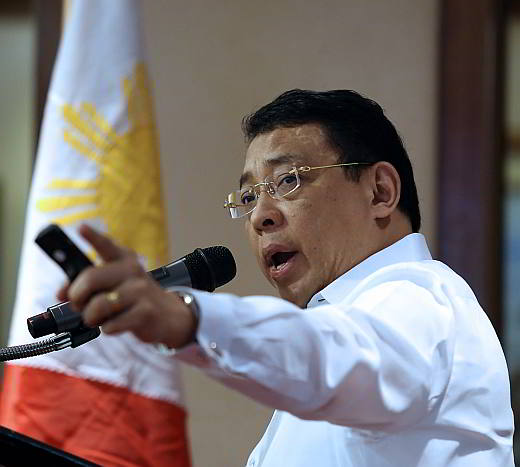Gov’t highlights good points to attract more investments

GUINIGUNDO
If not for external shocks, GDP growth last year would have been 8%
To attract more investors to the Philippines, a Bangko Sentral official said government needs to highlight the positive factors that distinguish the country from other potential investment destinations.
Diwa C. Guinigundo, Bangko Sentral ng Pilipinas deputy governor, urged investors to look beyond the “herd mentality” and acknowledge the Philippines’ continued resiliency amid the global headwinds such as China’s economic slowdown and falling oil prices.
“Negative market sentiment is now dominant in the markets and the contagion continued to persist,” Guinigundo said during the Finex Cebu general membership meeting.
“The challenge now is to highlight the good points of the Philippine economy and discern the country from the rest of the pack,” he added.
Economic managers have reduced the gross domestic product (GDP) growth target this year to 6.8 to 7.8 percent from the original target of 7 to 8 percent.
The economy expanded by only 5.8 percent last year.
“It (growth target) looks ambitious, but if we remove the impact of global shocks, and the pulling down (of the economy) because of negative external trade numbers, and just look at consumption, investments of the private sector and government spending, we would have grown 8 percent instead of just 5.8 percent in 2015,” Guinigundo said.
Guinigundo said the Philippines at present is at a “very good sweet spot,” being able to achieve growth of 6 to 7 percent at a generally stable rate of inflation.
He assured that the country’s buffers against the global shocks will continue to hold up.
“We are affected. We are not immune, but we are not stressed,” he said.
Guinigundo cited the country’s large gross international reserve. As of January 2016, the central bank reported gross international reserves of $80.1 billion, enough to finance 10.2 months of imports instead of the standard four months.
It will also be able to cover the short-term external debts based on original and residual maturity if needed, Guinigundo said.
“The rule of thumb is four months but we decided to continue accumulating reserves even if it will be costly on our part because in a very critical situation, no one is excused. No central bank will not put up a buffer,” he added.
Guinigundo said focus should be on increasing consumption, investment of private sector and government spending, as these are factors not affected by external problems and will contribute to economic growth.
Remittances from overseas Filipino workers (OFWs), business process outsourcing (BPO) sector and tourism will also bolster the country’s economy.
OFW remittances reached $28.5 billion last year, an increase of 4.9 percent from the 2014 figure.
“People thought that it would go down because of what’s happening in the external markets, but our Filipino workers have diversified in their professions and new markets have opened to us,” Guinigundo said.
The BPO sector also contributed some $25 billion to the Philippine economy while tourism contributed around $4.5 million, he said.
Based on a study by the Center for Global Development in 2014, the Philippines took the top spot among 21 emerging markets in terms of resiliency and policy agility, overcoming China, Singapore and Thailand.
Disclaimer: The comments uploaded on this site do not necessarily represent or reflect the views of management and owner of Cebudailynews. We reserve the right to exclude comments that we deem to be inconsistent with our editorial standards.
